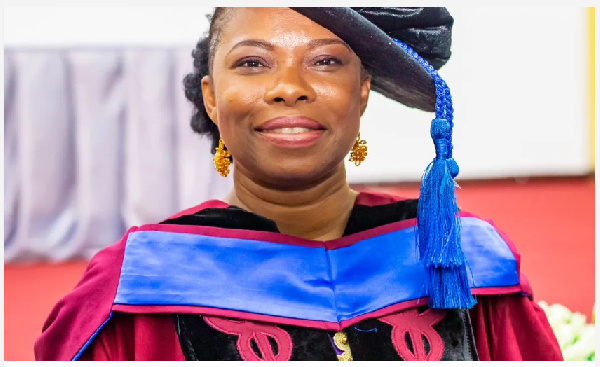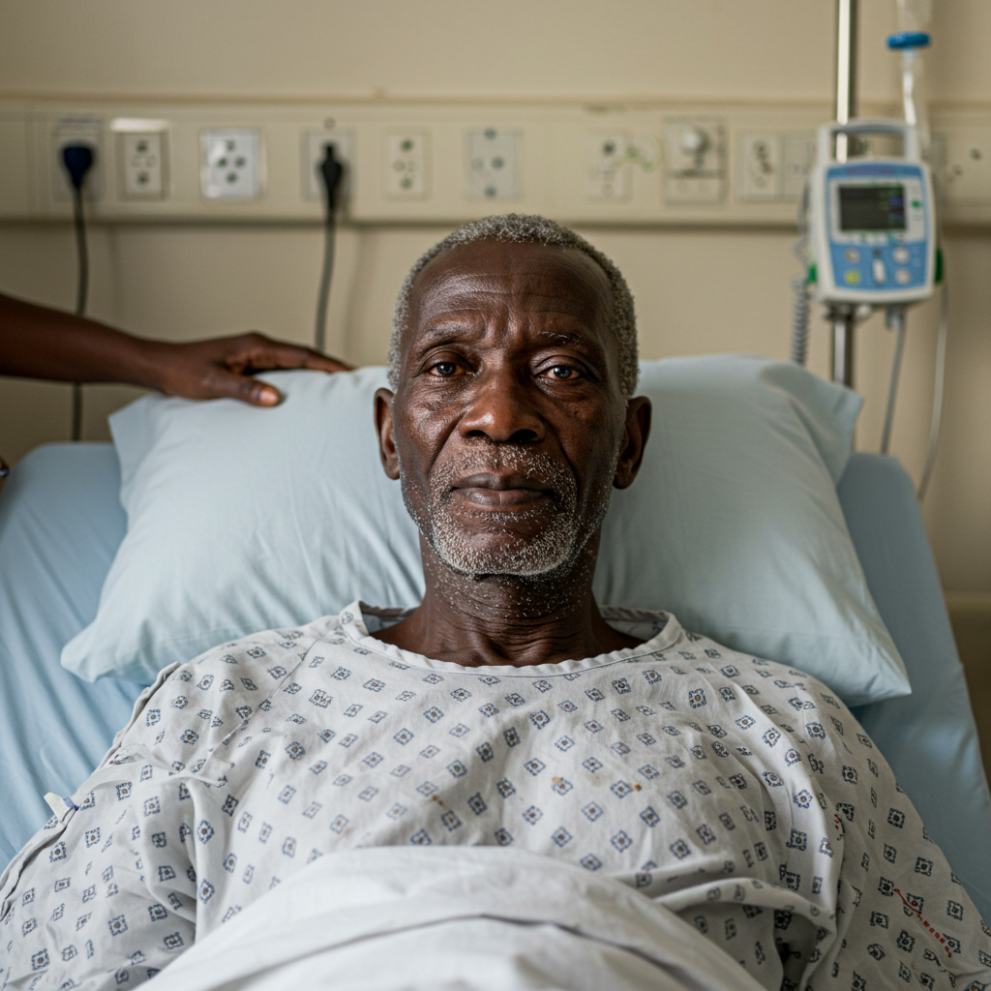Ghana is experiencing a profound demographic shift as advances in healthcare and declining fertility rates extend life expectancy and swell the ranks of older adults. The 25th Public Lecture of the Ghana Medical Association, held in Sunyani on July 26, 2025, brought this issue into sharp focus, with experts and officials calling for urgent reforms to ensure that the nation’s health systems can meet the evolving needs of its aging citizens.
Data from the Ghana Demographic and Health Survey 2023 indicate that average life expectancy in the country has risen to 64.5 years—66.7 for women and 62.4 for men, while projections suggest that by 2050, those aged 60 and above will constitute 22 percent of Ghana’s total population. This demographic transformation portends a surge in chronic and age-related conditions that will place unprecedented demands on healthcare delivery and social support systems.
Alongside increased longevity comes a higher burden of noncommunicable diseases, disabilities, and fall-related injuries, which disproportionately affect older adults and expose stark rural–urban disparities in access to care. Community Health Officers and rural clinics currently lack the infrastructure and specialist training required to diagnose and manage complex conditions early, resulting in delayed interventions and poorer health outcomes for elderly Ghanaians living outside metropolitan centers.
Joseph Addae Akwaboa, the Bono Regional Minister, emphasised at the public lecture that Ghana’s health systems must evolve beyond curative services to incorporate long-term preventive and rehabilitative care tailored to the elderly. He urged policymakers to prioritise strategies that deliver dignified, inclusive, and sustained well-being for older citizens, rather than relying solely on hospital-based treatment models that often overlook the holistic needs of aging individuals.
“The aged represent a repository of cultural values, knowledge, and experience,” Akwaboa noted, arguing that with comprehensive policy


support they could serve as “anchors of social stability” and foster intergenerational learning across Ghanaian society. His remarks underscored the opportunity to leverage the wisdom and civic contributions of seniors while safeguarding their health and autonomy as they age.
To translate this vision into reality, Akwaboa called for substantial investments in generic genetic medicine, community-based care models, and active-aging programmes. Such measures would equip health facilities with the tools to conduct routine screenings for chronic conditions, deliver personalized wellness plans, and promote healthy lifestyles that delay disease onset and preserve functional independence among older adults.
Healthcare professionals were also challenged to develop ageing strategies that empower caregivers and expand medical access, especially in remote districts. By strengthening the capacity of Community Health Workers through specialized training and telemedicine support, Ghana can bring geriatric expertise to local clinics and ensure timely referrals for complex cases, thereby reducing the need for costly travel and hospitalization for elderly patients.
Dr Lenusia Ahlijah, a geriatrician at Tema Urban Hospital, recommended scaling up health promotion and disease-prevention campaigns, bolstering the National Health Insurance Scheme’s coverage of geriatric services, and enhancing rural health centre capabilities. He emphasised that aiding caregivers, both family members and professional aides, and promoting advocacy for elderly care are essential steps to build a supportive ecosystem that addresses both medical and social determinants of healthy aging.

The government has signalled its intent to intensify efforts in improving health infrastructure and expanding the healthcare workforce, with an immediate focus on equipping facilities to serve vulnerable groups, including the
elderly. Public health awareness initiatives are being designed to sensitize communities about preventive screenings, chronic-disease management, and the rights of older persons to quality care and social inclusion.
As Ghana confronts the challenges of an aging population, the call to action is clear: transform health systems to be more responsive, integrated, and people-centred. By embracing preventive, rehabilitative, and long-term care frameworks, and by recognising the social and cultural value of older adults, Ghana can secure healthier, more dignified lives for its seniors while laying a foundation for sustainable, equitable health for all generations.



